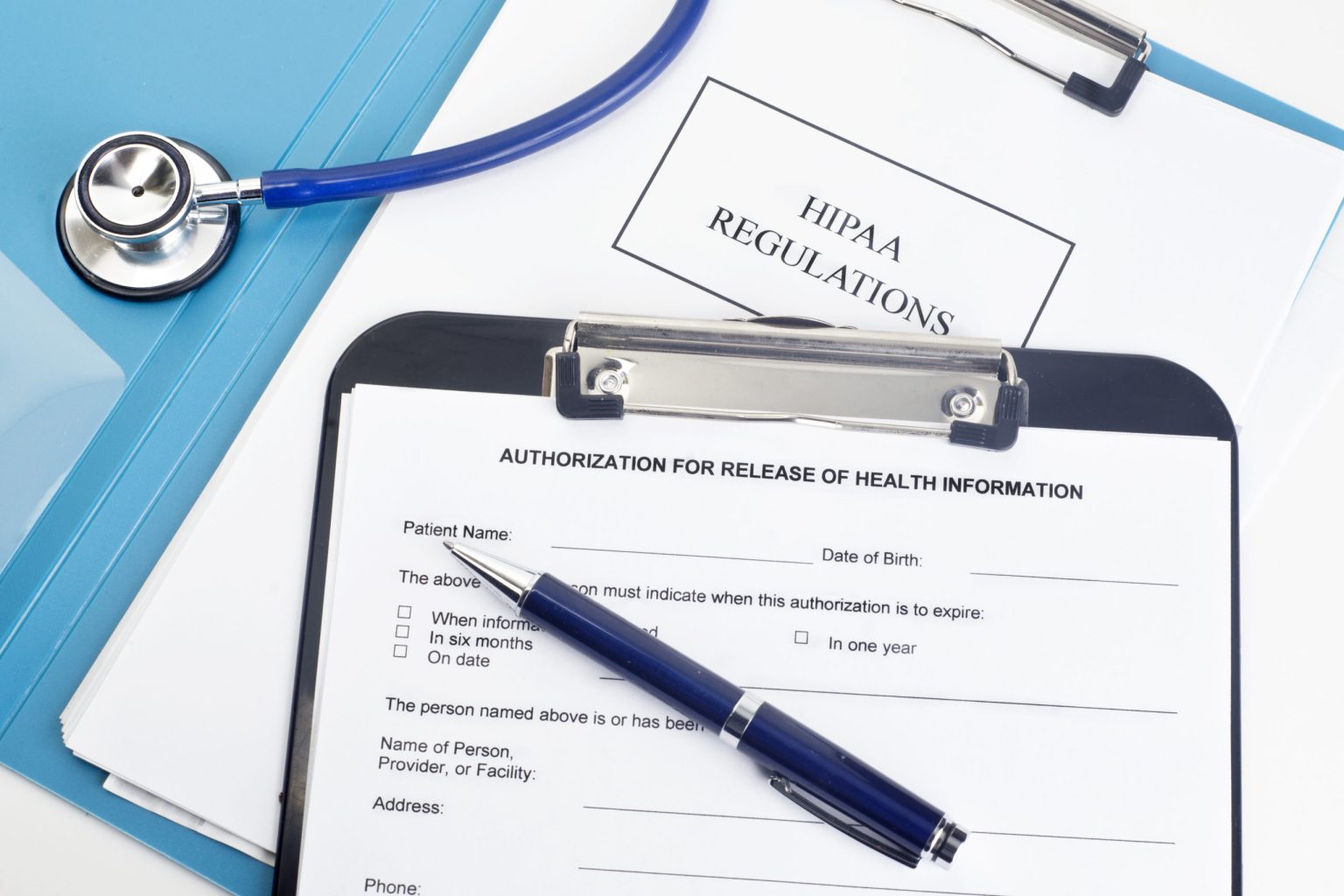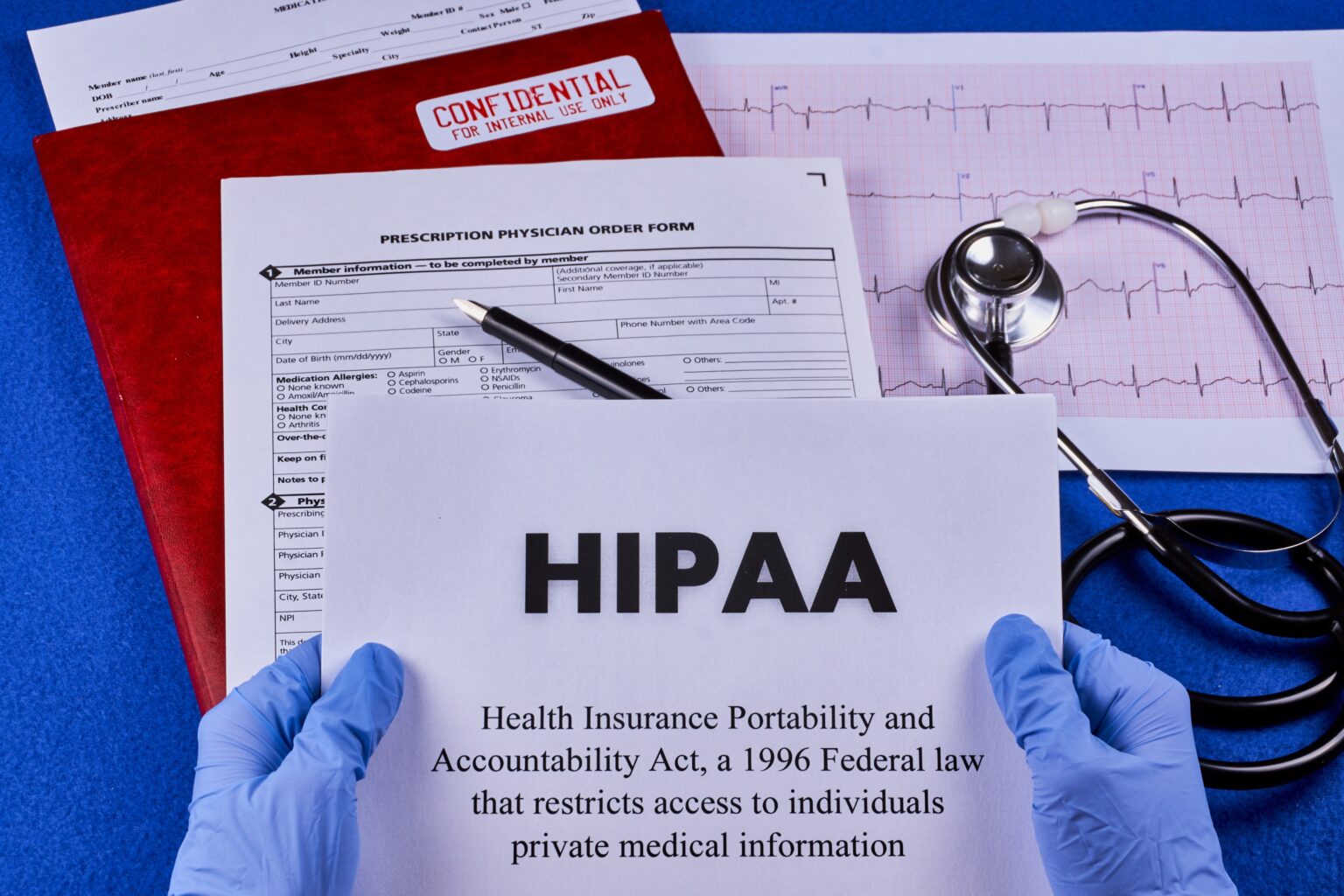-
Your Trusted Service Provider
- +1-(430) 562-9789
-
6721 COLUMBIA GATEWAY DRIVE. COLUMBIA, MARYLAND 21046
What is HIPAA Compliance?
HIPAA Compliance involves following rules to safeguard health data under the Health Insurance Portability and Accountability Act of 1996. It ensures data integrity, privacy, and security, overseen by the Office of Civil Rights (OCR) and State Attorneys General. HIPAA allows continuous insurance coverage, protects personal information, and secures electronic health data. As data storage shifted from paper to digital, HIPAA is vital for privacy in healthcare, requiring safeguards for patient information by providers and remote services.
The transition from paper records to electronic data storage poses a significant risk of data breaches and unauthorized access to confidential information. HIPAA is crucial legislation that mandates healthcare providers, remote medical services, and billing services to establish extensive safeguards to protect patient privacy in this digital era.
What Makes HIPAA Critical in Remote Medical Billing?
Remote medical billing companies handle patients' medical and billing data, requiring legal protection through HIPAA. To achieve compliance, they must invest in robust security measures, which enhances trust and confidence in their services. This assures both the public and partnered healthcare practices that patient privacy and confidentiality are a top priority.
A Checklist for Ensuring HIPAA Compliance in Remote Medical Billing
This checklist will outline the essentials based on the four major amendments of HIPAA.
HIPAA Security Rule Amendment of 2003
The HIPAA Security Rule outlines standards for safeguarding electronic protected health information (ePHI), defining requirements for its security. It comprises three safeguard categories.
Technical Safeguards:
This encompasses the company's IT security practices for safeguarding ePHI. HIPAA mandates encryption at three stages: at rest, in transit, and during storage. Stringent enforcement of IT security practices includes:
- Encrypting network and hard drives..
- Implementing individual log-ins for controlled access.
- Utilizing a two-factor authentication method for all systems containing ePHI.
- Encrypting company devices.
- Conducting audits of system activities.
- Enforcing automatic timeouts and logoffs in systems
Physical Safeguards:
These measures pertain to how the company manages physical systems and equipment containing PHI. Secure locations for devices like servers and computers are essential. Offices handling PHI should feature security cameras, backup power, and fire alarm systems. Additionally, maintaining detailed access logs for personnel entering secure onsite areas is recommended to monitor PHI access. Physical safeguards also encompass the following:
- Regulating facility access.
- Managing workstations.
- Implementing a mandatory policy for mobile devices.
- Monitoring server activities.
Administrative Safeguards
Administrative safeguards necessitate that remote medical billing companies maintain records of their HIPAA compliance efforts. These documented activities may encompass:
- Designation of a Security Officer.
- Training of Staff Members
- Completion of Risk Assessments
- Implementation of Systematic Risk Management
- Enforcing Security Policies and Procedures
- Implementing Disaster Recovery Plans
- Developing Contingency Plans
HIPAA Privacy Rule Amendment of 2003:
The Privacy Rule, also known as the Standards for Privacy of Individually Identifiable Health Information, is in effect to safeguard Patient Health Information (PHI). It mandates that remote billing companies must:
- Quickly address patient access requests.
- Communicate data sharing policies to patients and subscribers.
- Provide authorized personnel and staff with privacy training.
- Establish stringent guidelines for protecting ePHI and patients' personal identifiers.
- Obtain patient consent for the use of redacted ePHI in research, fundraising, or marketing (mandatory).
- Keep authorization forms up to date.
- Developing Contingency Plans

HIPAA Breach Notification Rule Amendment of 2009:
The Breach Notification Rule mandates covered entities to inform individuals when protected health data is compromised. Remote medical billing companies must:
- Details of the compromised ePHI and personal identifiers.
- Identify the unauthorized access to PHI or related information.
- Determine if the information was viewed or taken.
- Assess the effectiveness of risk mitigation measures.
HIPAA Final Omnibus Rule Amendment of 2013:
The HIPAA Omnibus rule outlines extra demands for remote medical billing firms and healthcare entities to ensure HIPAA compliance. It necessitates that they:
- Renew your Business Associate Agreements.
- Distribute new BAA copies
- Revise and update your privacy policies
- Ensure the Notice of Privacy Practices is current.
- Conduct comprehensive staff training
Advantages of Following HIPAA Rules.
HIPAA compliance is a must, not a choice. The main benefit is avoiding huge fines. If you don't follow the rules, you could face big penalties, even if there's no data breach. HIPAA helps prevent data breaches, keeps data safe, makes things work better, and builds trust with patients.
- Keeps healthcare data safe from loss or accidental deletion.
- Makes a company work better and faster.
- Makes it easier to get healthcare information
- Makes medical services run more smoothly.
- Helps organizations get financial rewards for using health records effectively.
Think Hard & Focus On The Patient's Well-Being



Frequently Asked Questions
HIPAA compliance at DGM ensures secure handling of patient data, protecting privacy and confidentiality.
DGM implements strict protocols, employee training, and robust security measures to uphold HIPAA standards.
DGM has procedures to address and report breaches promptly, mitigating potential risks and liabilities.
DGM's commitment to HIPAA compliance includes regular audits, compliance officers, and continuous improvement.










